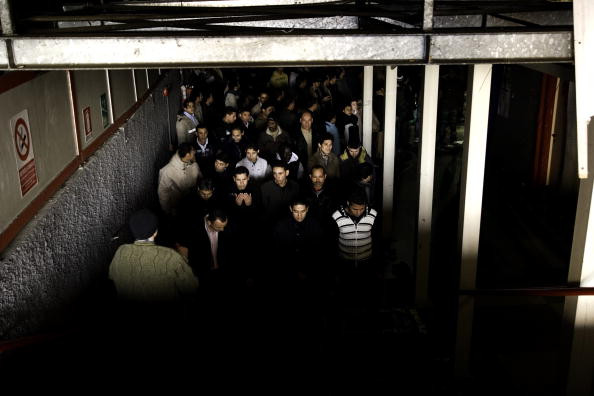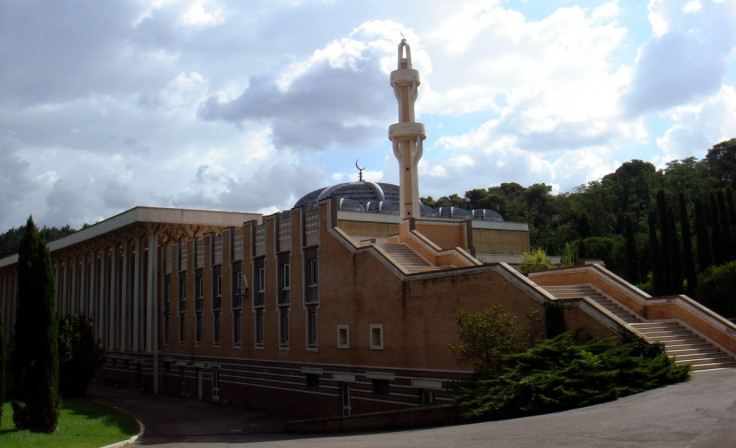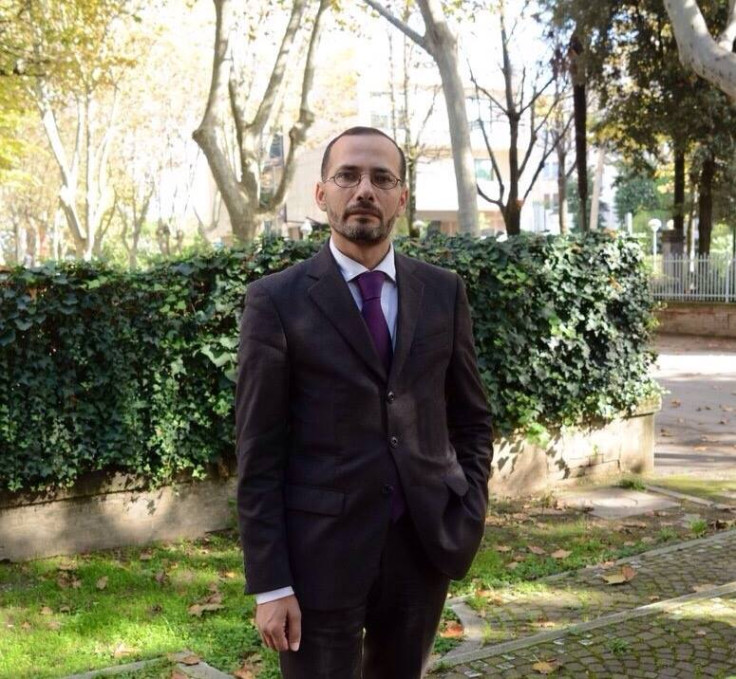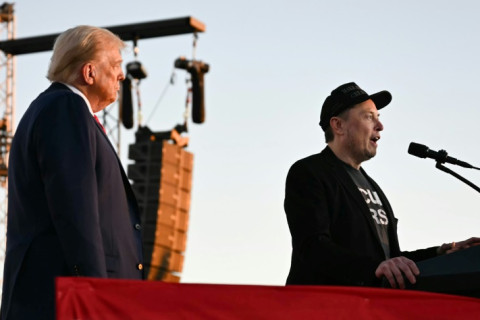Italy's anti-mosque laws force Muslims to pray in garages
IBTimes UK interviews Imam of Florence on laws that restrict construction of religious buildings in Liguria.

Earlier in September, Italy's northern region of Liguria passed a controversial set of regulations that restrict the freedom to construct new religious buildings in its territory. The laws do not specifically limit the building of mosques, but opponents have claimed the new piece of legislation unfairly targets Muslims living in the peninsula.
Critics of the so-called "anti-mosque" laws argued the regulations are only the latest blow to the 1.6 million-strong Islamic community in Italy.
Although Islam is the second biggest religion in the country, it does not have official status and there are only four official mosques.
Over the years, this has pushed Muslims to create so-called "independent Islamic centres", usually in private residences or buildings rented from local authorities, where they meet to pray.
In some cases, people's houses and garages have become unofficial places of faith where hundreds gather every week. The phenomenon, increasingly common in the peninsula, has been dubbed "garage Islam".
The government announced it intends to close down the "clandestine mosques" as part of the country's fight against terrorism. Interior Minister Angelino Alfano said last November that the government had identified more than 800 places where Muslims gather to worship.
"We are going to close the clandestine and unregulated places, not to hamper the religion but so that it can be practised in places which are in order," he said.
However, members of the Islamic community have pointed out the "garage Islam" phenomenon is simply the result of a perceived lack of dialogue with the government and shortage of official mosques where Muslims can pray.

'Political propaganda'
Imam of Florence Izzeddin Elzir, one of the most prominent religious leaders among the Islamic community in Italy, believes the laws passed in Liguria will further push Muslims underground.
"Our constitution guarantees freedom of religion and, for the umpteenth time, politicians are trying to swindle our citizens," Elzir, president of the Union of Islamic Organizations and Communities, told IBTimes UK.
Islam in Italy
- 1.6 million Muslims - majority are Sunni
- Morocco, Albania, Tunsia and Egypt are the main countries of origin
- Second biggest religion in the country
- Only four official mosques (the only ones with minarets): Ravenna, Roma, Colle Val D'Elsa (Tuscany), SegrateMilano (Lombardy)
- The mosque in Rome is Europe's largest.
"People must know this is political propaganda used by some politicians who want to show that they are able to protect Italian identity. But these laws target Islam and create division, rather than social integration and cohesion.
"However, Muslims pray in spite of these laws. They do it on the streets, in squares, in town halls," he continued. "The 'garage mosques' are, unfortunately, a reality for the Islamic community in Italy as people pray in places that are not dignified for worshippers but also for the rest of the citizens.
"In Italy, we have a beautiful constitution and every citizen has the right to pray. But if human rights are not respected, this issue will become a social problem, a public order problem."
Islam not an official religion in Italy
Islam does not have official status in Italy, where several Imams and other representatives of the Islamic community have been calling for an "intesa" – or agreement – with the government.
Other religions, including Judaism, Buddhism and the Seventh-Day Adventists, are officially recognised by the government.
In 2005, the Ministry of Interior founded the Council for Italian Islam. However, disagreements within the council have slowed down its progress.
Agostino Cilardo, expert on Islamic law at Naples Eastern University, believes the main problem is that the government cannot identify people who can represent the Islamic community in Italy as a whole.
"When you create an agreement with the government, the other part is a united organisation. But who can speak for Muslims in Italy? Until we find an answer, there cannot be an agreement," Cilardo was quoted by news agency Ansa as saying.
The Ministry of Interior has not responded to a request for comments.
"Muslims in Italy need legal recognition," Elzir, who has been living in Italy for the past 25 years, explained. "Those who are in power must be responsible, and acknowledge the reality of Islam in Italy. Laws such as those passed in Liguria create isolation, disenfranchisement and closeness. We need laws that allow us to freely adopt principles enshrined in the constitution," he concluded.

© Copyright IBTimes 2024. All rights reserved.







